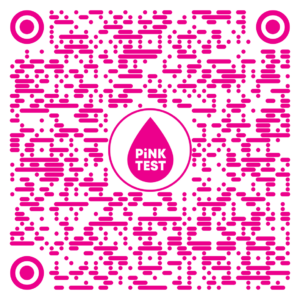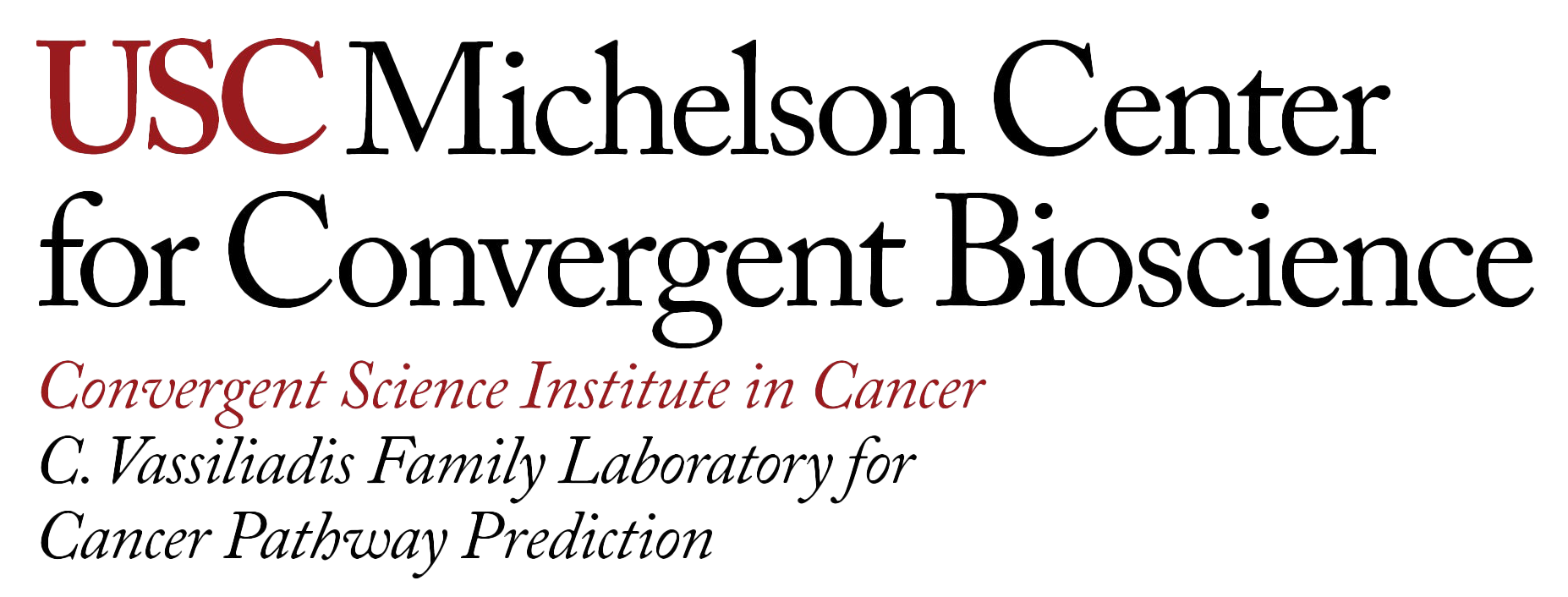Breast Cancer
Background
Breast cancer (BC) is the most common cancer in women globally and with 7.8 million cases diagnosed in the past 5 years, it is the world’s most prevalent cancer overall. Approximately 94% of patients are initially diagnosed with early-stage BC, without evidence of macroscopic metastasis, however, despite the initial lack of detectable metastases and administration of subsequent treatments, 40% of the early-stage BC patients will go on to develop recurrence over their lifetime. Relapse, progression, and onset of distant metastasis (late-stage BC) have a significant negative impact on clinical outcomes, dropping the 5-year survival rate from 91% to less than 30%. Considering the impact on survival rates, it is vital that robust stratification of early-stage BC be made possible at the time of the initial diagnostic workup and throughout the course of the disease.
Routine mammography is an accepted procedure for breast cancer detection that is relatively available for most women. However, as a screening tool for breast cancer it has its drawbacks including:
- Significant discomfort during the process
- Frequent false positive results that lead to increase anxiety associated with possibility of cancer
- Unnecessary follow-up procedures such as invasive biopsies.
Together, these factors led to screening hesitance in the target population.

The overarching goal of INTERCEPT is to provide a first-line screening tool that can complement or substitute for mammography using a simple laboratory blood draw that can achieve higher accuracy for detecting breast cancer at its earliest stages while being more readily available with less discomfort. We initiated our first INTERCEPT clinical study in July of 2024.
If you are interested in participating in this research program, please JOIN INTERCEPT!
News and Publications
- Setayesh S, Hart O, Naghdloo A, Higa N, Nieva J, Lu J, Hwang S, Wilkinson K, Kidd M, Anderson A, Velasco C, Kolatkar A, Matsumoto N, Nevarez R, Hicks J, Mason J, Shishido S, Kuhn P. Multianalyte liquid biopsy to aid the diagnostic workup of breast cancer. npj Breast Cancer. 8, 112 (2022). PMID: 36167819. PMCID: PMC9515081
- USC Dornsife Dialogues, Fighting Cancer with Breakthrough Technology: Could a simple blood test detect cancer? (usc.edu)
- Blog post in nature portfolio: Hiding in Plain Sight: Early, nano-sized signs of breast cancer detected by liquid biopsy
- Blog post at the Breast Cancer Research Foundation’s website: New Liquid Biopsy Technique May Help Personalize Breast Cancer Diagnosis and Prognosis | BCRF
- Blog post at the Breast Cancer Research Foundation’s website: Investigating Breast Cancer: Dr. Peter Kuhn | BCRF
Past Events
- March 2024: USC Women’s Conference
-
- “The Power of Collaboration to Fight Cancer”
- October 2023: USC Associates Night at the Lab
- March 2023: CSI-Cancer Night at the Lab
- “Women’s Health & Early Interception: Next Generation Liquid Biopsy for Breast Cancer”
- March2 2023: BCRF Women’s Cancer Research Fund
- “An Unforgettable Evening”

Contact Us
USC Michelson Center
Convergent Science Institute in Cancer
1002 Childs Way
Los Angeles, CA 90089
